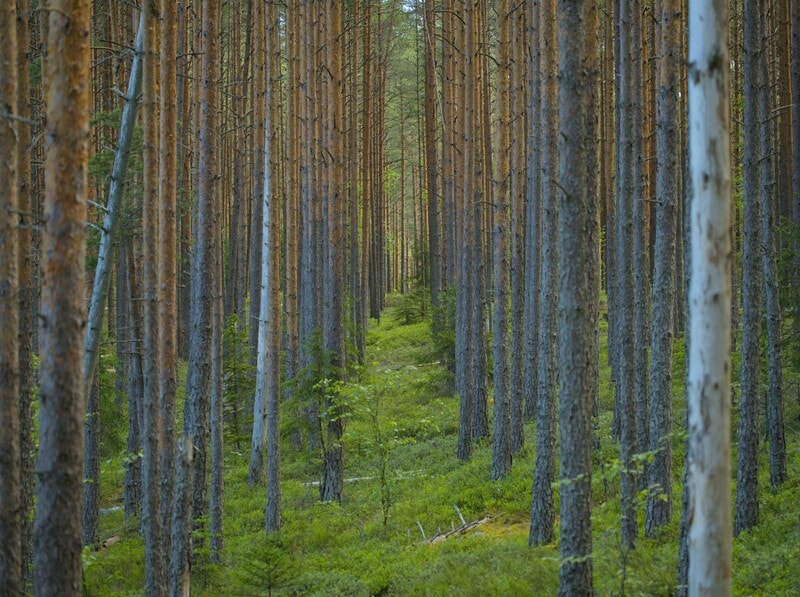Climate change, land degradation, and unsustainable land use are causing some forests to emit more carbon than they absorb. However, increasing restoration and conservation efforts can reverse this trend and lead to a positive tipping point for ecosystem recovery. Governments, corporations, and individuals all play a role in enhancing nature-based carbon capture through better forest management and global initiatives. Finland, with 75% of its land covered by forests, aimed to become carbon-neutral by 2035. Unfortunately, its landscapes are now releasing more emissions than they absorb, highlighting a broader ecological challenge. Globally, deforestation and degradation have disrupted natural cycles, turning some forests into carbon sources. Despite these setbacks, there is hope. Positive tipping points, achieved through coordinated actions, can restore forests’ carbon sequestration abilities. The Congo Basin exemplifies how community engagement and conservation can preserve the world’s second-largest tropical forest. By supporting restoration, we can restore forests’ vital role in climate regulation and biodiversity preservation.
— new from The World Economic Forum
